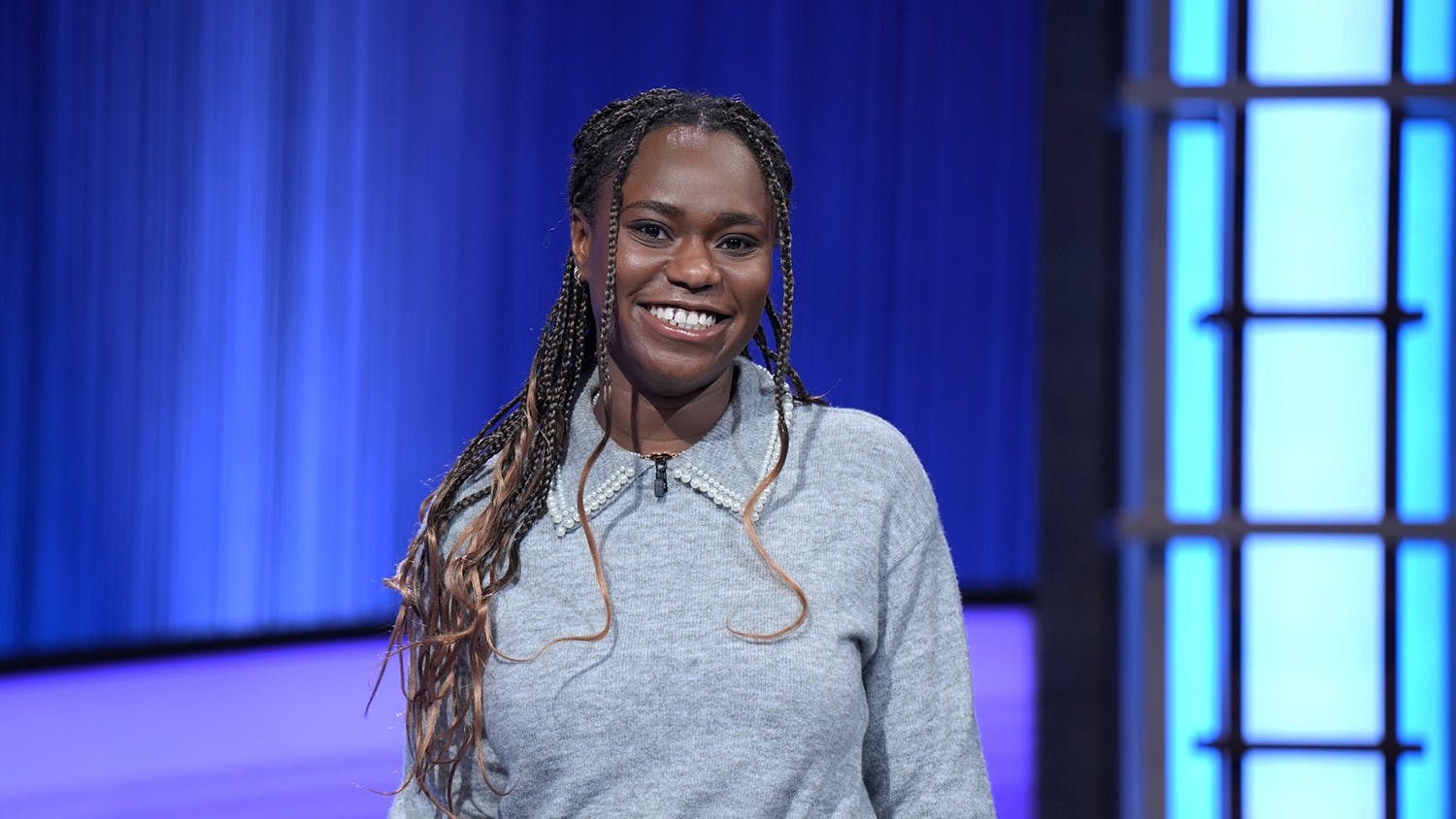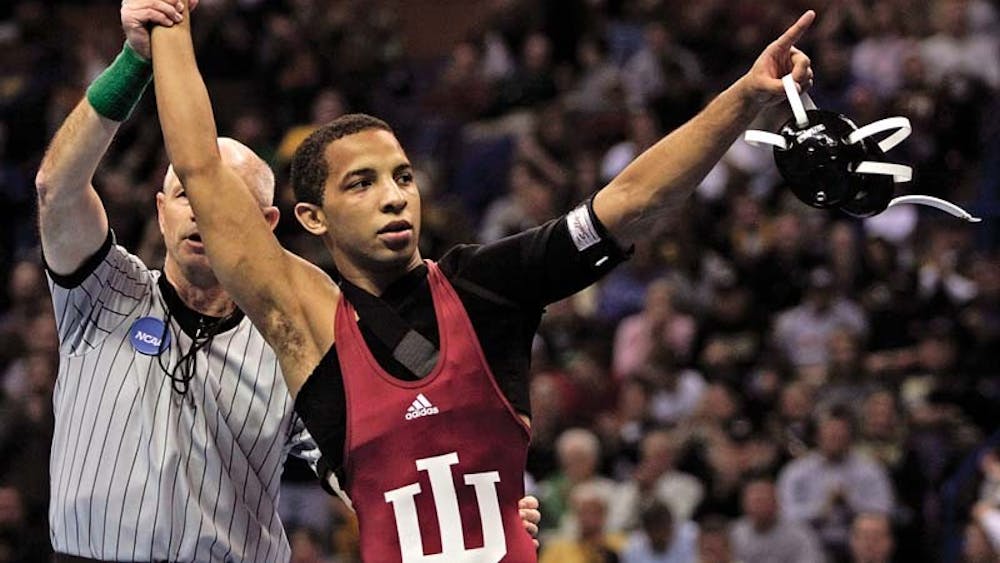For the new IU Student Association executives, the time to start is now, not September.
Despite an extra month of elections, the executives are ready to sink their teeth into the upcoming year.
“We’re just going to do it,” said Luke Fields, IUSA president. “We’re going to move forward. We finally get to go.”
IUSA is the government that represents the student body. The current executives were decided April 22, following about a month of appeals because the Kirkwood ticket, which originally won the student election in March, violated the election code.
But for Fields, the process was never about winning the elections; it was about defending the rights of students.
“The bottom line that I want everybody to recognize from our commitment is that it isn’t that we’re whiny or sore losers because I don’t think either of those things are true,” Fields said. “What I think is true is that everyone on campus has recognized or should recognize that this is a group of executives specifically and a ticket-wide group of individuals that is committed to doing what’s right no matter the cost.”
The executives have already started accomplishing their platform goals of 100 percent meal-point rollover, health care on weekends, tax-free textbooks and a student section in Assembly Hall – all while trying to restore the organization’s legitimacy.
“The best way for IUSA to become legitimate is to be legitimate,” Fields said. “By going out and fighting for the things we told students we wanted to fight for.”
Goals
After being inaugurated, the executives immediately began getting on the calendars of as many administrators as they could. So far the group has met with everyone from IU President Michael McRobbie to Provost Karen Hansen.
Fields said they wanted the administrators to hear some of their goals and thoughts and see how, as a ticket, they can work on them and see these goals come to fruition.
“We can do our part,” he said. “We’ve got to get them to do theirs.”
Fields said the ticket’s most ambitious goal is a student section in Assembly Hall. Fields said he hopes that because new head basketball coach Tom Crean is also committed and charged with a similar situation as IUSA, that Crean will be a big advocate to the student section.
In regard to 100 percent meal point rollover, Fields said they have already put their first foot forward.
Dan Sloat, vice president, said that in the past, only a certain percentage of meal points rolled over from the summer into the fall semester. The ticket wants students who are coming back in the fall and have meal points to retain 100 percent of their meal points, with a grace period of the fall semester to use them.
Although that’s not exactly 100 percent meal point rollover, Sloat said the ticket is definitely making strong improvements.
Even though providing weekend health care to students is still in the research phase, Treasurer Robin Featherston said that in order to make it feasible, the executives need to sit down with administrators and weigh issues, such as whether increased service would impact the student health fee and whether students would be willing to pay a higher fee.
“We’re committed to finding some way that students on campus who don’t have cars can have access to medical facilities when they get injured on the weekends,” she said.
Fields said in order to get the ball rolling with tax-free textbooks, they need to get big Indiana universities behind the legislation as well as the rest of the IU campuses. Fields said he has already been in touch with a state representative, and the executives will be meeting with other universities’ student governments to help push the legislation.
“Tax-free textbooks is not going to come out of Bloomington,” he said, adding that there must be a statewide push for the legislation.
Student apathy
With about 40,000 students on campus and only 7,834 voting in the IUSA elections this year, the executives are fighting to combat student apathy.
“Student apathy stems from just this overwhelming sense of how can I even communicate myself to those people if I wanted to,” Fields said.
Fields said he hopes to reach out to students through different venues and has been intrigued with some of the new ways Facebook and OnCourse can be put to work – sites he hopes will help reach students.
Featherston said she believes a big contributing factor to student apathy is empty promises. She said tickets are elected based on platforms that sound like they’re going to change the University, but the tickets rarely deliver.
“Best way to combat that is to prove them wrong,” she said. “We tried to keep a critical eye to our platform to make sure we really felt like we had some achievable things to really get done or to get the ball rolling so that the next administration can finish it up for us.”
New IUSA leaders vow to restore students’ voice
Meal-point rollover, health care among important platform goals
Get stories like this in your inbox
Subscribe




